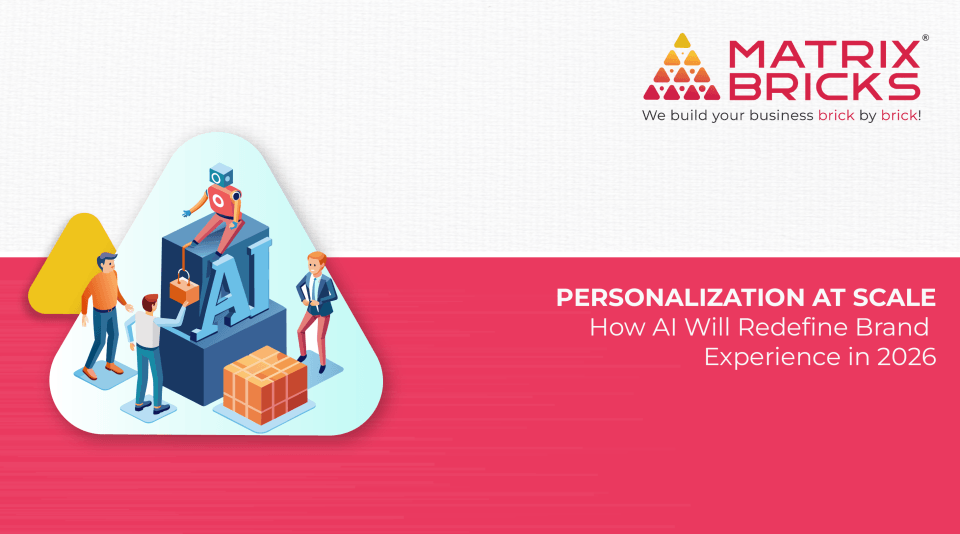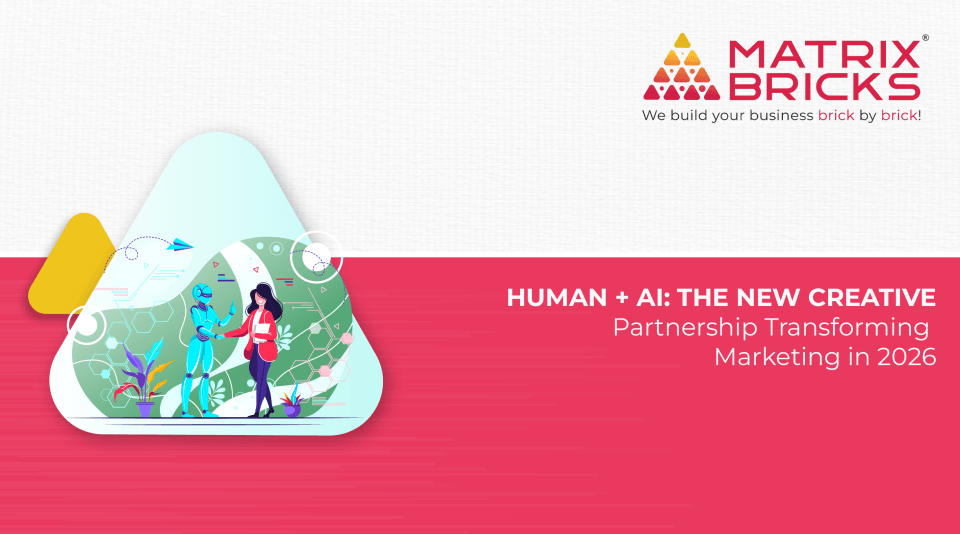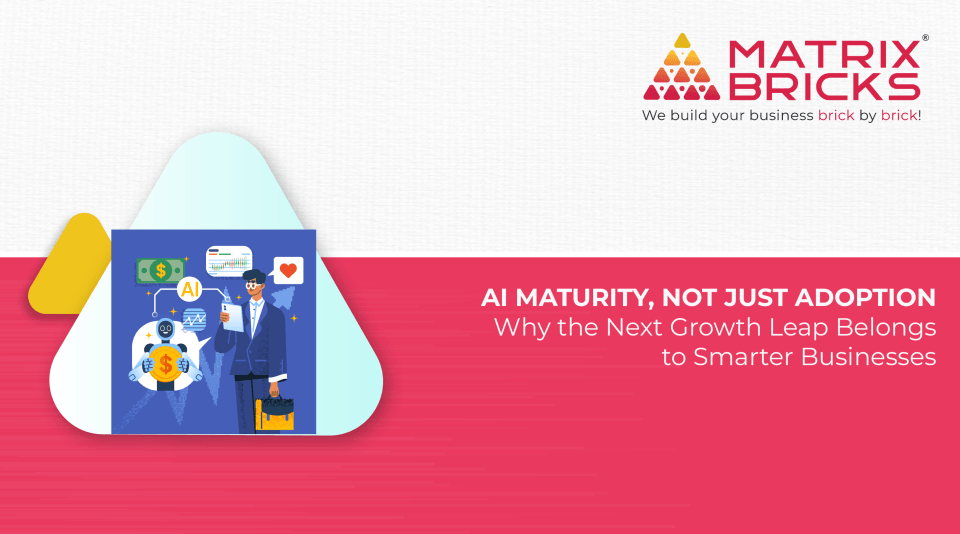Innovative digital marketing strategies have revolutionised the hospitality and tourism sectors, helping businesses to stand out and boost bookings in a competitive market. Digital marketing for the hospitality industry enables brands to engage with audiences, increase visibility, and create memorable, personalised experiences. From compelling content and social media engagement to AI-driven customer support, digital marketing offers a suite of tools that empower hospitality brands to connect with travellers effectively. Embracing these strategies allows the hospitality sector to thrive, ensuring sustainable growth for businesses and unforgettable experiences for guests.
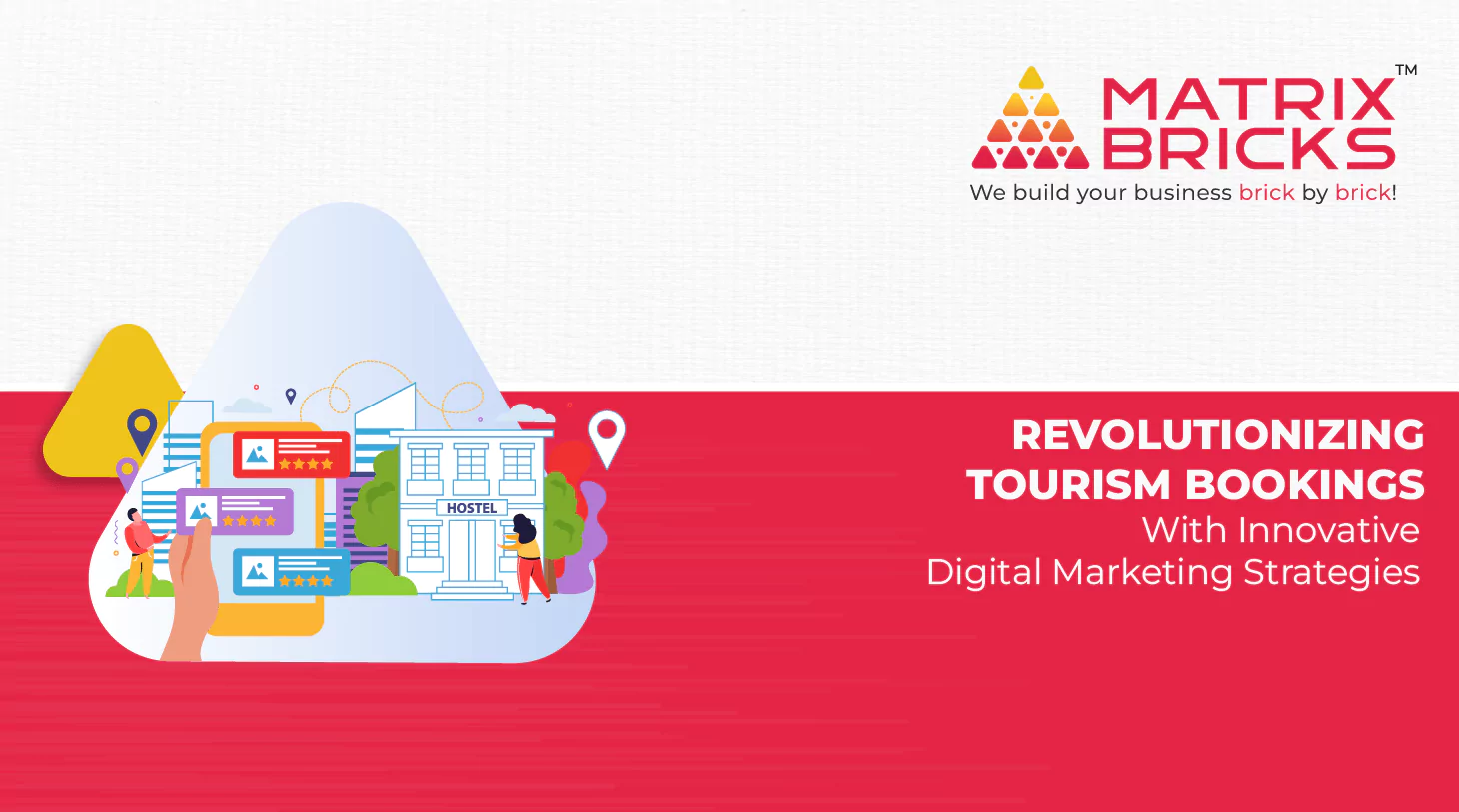
The tourism and hospitality sector are rapidly evolving, with digital marketing playing an essential role in connecting hotels, resorts, and travel services with potential guests. Digital marketing for the hospitality industry has moved from traditional strategies to highly targeted, data-driven approaches, enabling businesses to enhance customer experience, boost bookings, and gain a competitive edge. From social media campaigns to personalised email marketing, these strategies are redefining how the tourism sector attracts and retains customers. Here, we explore effective digital marketing strategies that are transforming hospitality and helping businesses thrive in an increasingly competitive market.
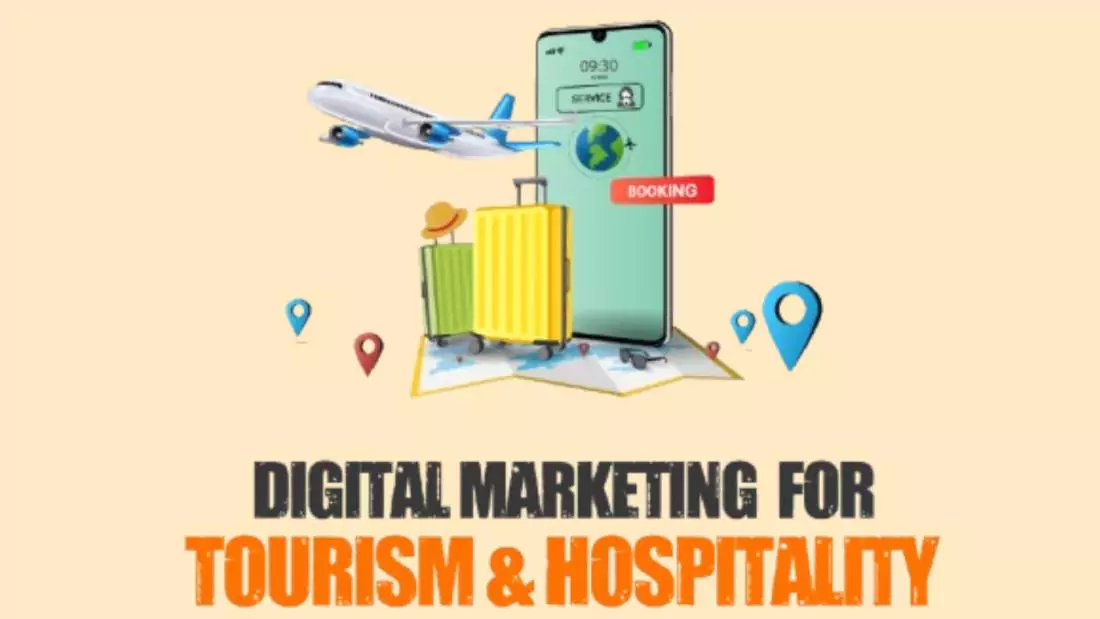
Importance of Digital Marketing for the Hospitality Industry
An efficient business practice of digital marketing for hospitality services plays an important role regarding high visibility, efficiency, and personalisation. A huge increase in reaching out with maximum participation from all levels comes from online platforms: It directly connects the business enterprise and an international audience by achieving this expansion of a firm or organisation outside its geographical reach areas through local markets. As per traditional media and campaigns compared to them, it is effective and delivers a good return on investment.
Digital marketing allows personalisation through data analytics against the preferences of customers. Be it through a targeted social media campaign or a design-friendly website, digital marketing helps hospitality companies remain relatively relevant in today’s digital world.
1. Power SEO to Enhance Visibility
Since more people are using search engines to plan their travels, a properly optimised website will keep coming into a customer’s view. Strategic use of keywords like—”luxury hotel” or “family-friendly resort”- will guide the people who need that service and will be more apt to visit.
Some properties have their markets at the local level, especially in destinations that are hubs for tourists. Location-based keywords and location-specific content can be helpful in attracting a niche audience of active seekers of accommodations and activities. Search engine optimisation, married with user experience optimisation, can ensure that the hospitality brand captures the attention of the intended audience.
2. Content Marketing Engaging Activity
For hospitality digital marketing, content is the strongest arm. Blogging, video, and social media engage potential guests with travel tips, destination highlights, and insights. Beyond engaging and interacting, content marketing plays a significant role in building brand loyalty by establishing the brand as a trusted source of travel information.
Content such as blog posts around top attractions or video tours of hotel amenities piques interest and drives conversions. By sharing across platforms, hospitality brands can reach and engage audiences at every step in the travel decision-making journey.
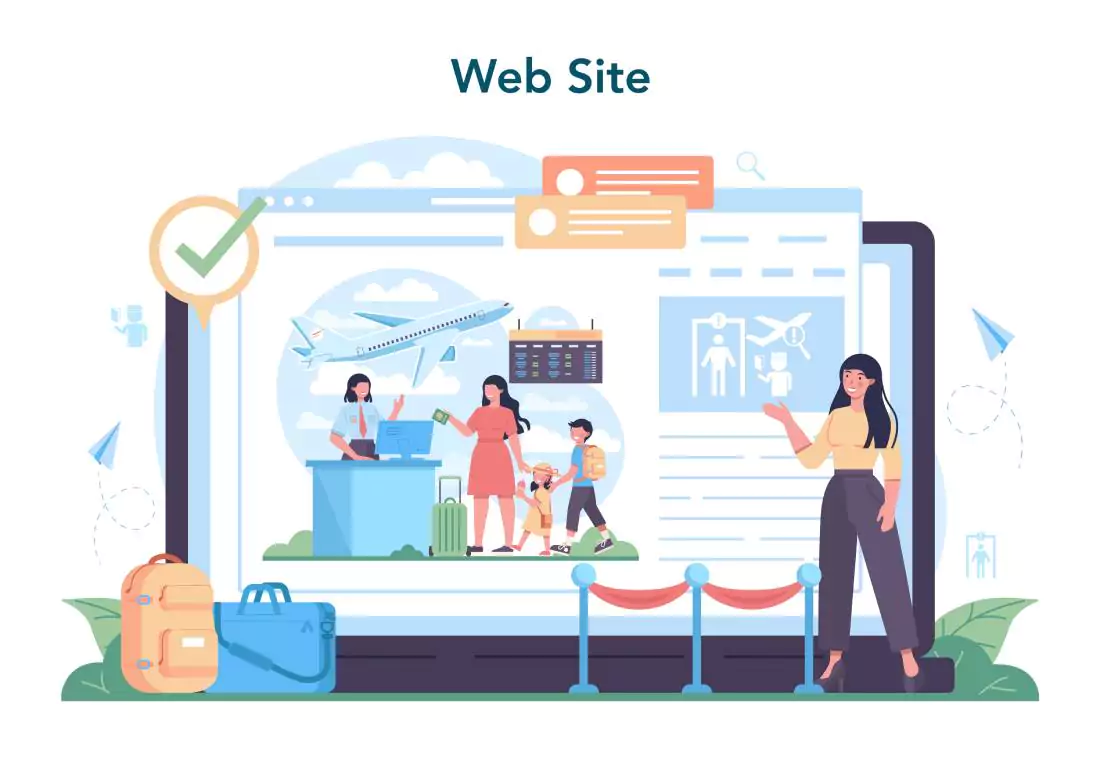
3. Role of Social Media in Hospitality Marketing
Social media is an invaluable tool of digital marketing in the hospitality industry as it builds brand awareness, shows off one’s facilities, and gives information to travellers through visual storytelling through an outfit like Instagram, Facebook, and Twitter.
A successful social media strategy includes user-generated content, influencer partnerships, and paid advertising. When guests share their experiences and tag the property and its branded hashtags, authenticity is added. Travel influencers help in extending the reach to new relevant audiences through partnership initiatives. The compelling content is that which can drive bookings for hospitality brands by showing picturesque locations, customer testimonials, and immersive experiences.
4. Personalised Email Marketing for Higher Engagement
Emails are a wonderful means of personalising communication with guests because they can be personalised according to the guests. Email marketing may be segmented based on preference, past stays, or booking patterns.
Email campaigns can be used for welcome messages, special offers, booking confirmations, and post-stay follow-ups to gather feedback and offer incentives for bookings in the future. The more targeted an email is, the more its potential recipient will respond positively, leading to loyalty to the brand and rebooking.
5. Mobilisation Optimisation
Mobile optimisation of the website is crucial because more bookings for travel accommodation are taking place on phones. An excellent mobile-friendly website should, therefore, ensure that there is a seamless experience with quick loading, easy navigation, and easy booking tools.
Hotel digital marketing UK takes mobile optimisation seriously as users prefer to book from mobiles. It increases conversion, and people are sure about the comfort and user-friendly experience from all devices on a responsive design.
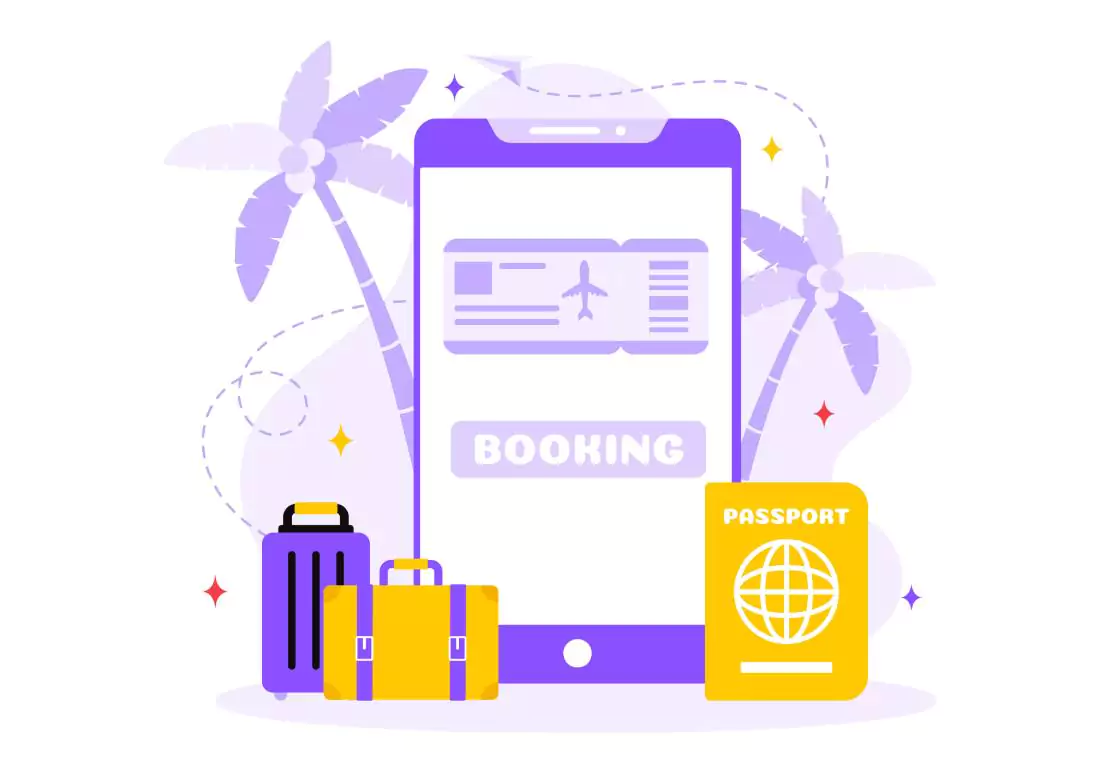
6. Retargeting and Remarketing: Capture potential guests
Retargeting is one of the most effective ways to catch those potential guests who visited the website but did not book. By showing ads to such users while they surf other sites, retargeting keeps the brand top of the mind, which encourages return visits and completed bookings.
Remarketing campaigns appeal to past guests through offers or special deals. In this instance, if the guest ever visited the property once, tailor offer him or her to return. Such strategies help hospitality brands increase conversion rates as it attracts old and new customers alike.
7. Influencer Marketing and Strategic Partnerships
One of the effective strategies in digital marketing for the hospitality industry is influencer marketing. Hospitality brands can reach new audiences through the authentic and relatable communication of influencers who are influential in the travel sector. Influencers can give social proof and make appealing content for their followers, which can be trusted.
Local associations with a tourist operator or restaurant provide added value to a guest’s stay. Special packages or tours for the guests improve the standing of this hotel as an insider in the touring world.
8. Data Analytics for Better Decision Making
Data analytics is today’s lifeline in the digital landscape because hospitality brands can measure their effectiveness with marketing campaigns. Companies get to know their audience behaviour and preferences by analysing website traffic, social media engagement, conversion rates and are constantly guided in adjusting strategy to better their efforts in marketing.
Furthermore, advanced analytics allow tracking over time, in which businesses may adjust to prevailing trends to remain competitive in the digital world.
9. Artificial Intelligence and Chatbots for Enhanced Guest Experience
Artificial intelligence and chatbots are engaged with changing customer service in hospitality. The guest is given such information through the chat so that he answers most of the typical questions. Chatbots provide instantaneous feedback. AI tools can also enable personalised recommendations whereby guests are given offers made specific to their past behaviours or preferences. With the infusion of AI hospitality brands have lifted their customer service up the notch by providing hassle-free support that inspires trust and encourages bookings.
Digital Marketing for the Hospitality Industry
It ranges from amazing content creation and engagement with social media to AI-led customer services. Digital marketing is armed with a bundle of services that empower hospitality brands to connect with travellers effectively. The hospitality industry thrives by embracing the very same strategies in order to promote sustainable business growth and leave memories for guests.


